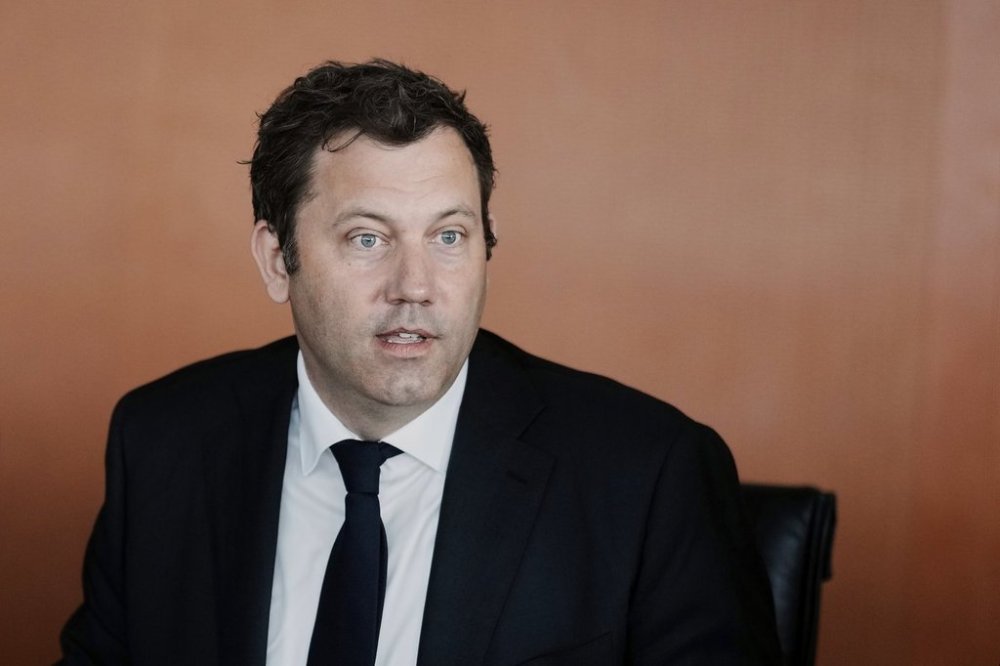Germany to raise defense spending to 3.5% of GDP in 2029
Advertisement
Read this article for free:
or
Already have an account? Log in here »
To continue reading, please subscribe:
Monthly Digital Subscription
$0 for the first 4 weeks*
- Enjoy unlimited reading on winnipegfreepress.com
- Read the E-Edition, our digital replica newspaper
- Access News Break, our award-winning app
- Play interactive puzzles
*No charge for 4 weeks then price increases to the regular rate of $19.00 plus GST every four weeks. Offer available to new and qualified returning subscribers only. Cancel any time.
Monthly Digital Subscription
$4.75/week*
- Enjoy unlimited reading on winnipegfreepress.com
- Read the E-Edition, our digital replica newspaper
- Access News Break, our award-winning app
- Play interactive puzzles
*Billed as $19 plus GST every four weeks. Cancel any time.
To continue reading, please subscribe:
Add Free Press access to your Brandon Sun subscription for only an additional
$1 for the first 4 weeks*
*Your next subscription payment will increase by $1.00 and you will be charged $16.99 plus GST for four weeks. After four weeks, your payment will increase to $23.99 plus GST every four weeks.
Read unlimited articles for free today:
or
Already have an account? Log in here »
BERLIN (AP) — Germany’s finance minister on Tuesday vowed to lift the country’s defense spending to 3.5% of gross domestic product in 2029 as he presented the new government’s spending plans.
Chancellor Friedrich Merz’s coalition pushed plans through parliament to enable higher defense spending by loosening strict rules on incurring debt even before it took office last month. It acted ahead of the NATO summit starting Tuesday that aims to raise allies’ defense spending target from 2% of GDP to 3.5%, plus another 1.5% for potentially defense-related infrastructure.
Finance Minister Lars Klingbeil said Germany’s defense spending will hit 2.4% of GDP this year, and “we will raise defense spending step by step so that we will reach a NATO quota of 3.5% in 2029.”

Klingbeil, who is also the vice chancellor, said he will “be very vigilant that the money is spent efficiently,” for example by aiming for greater cooperation at European level on procurement, research and development.
Germany for years drew criticism for failing to hit the existing 2% spending target. But, shortly after Russia launched its full-scale invasion of Ukraine in 2022, then-Chancellor Olaf Scholz pledged to increase defense spending to 2%. He also announced the creation of a 100 billion-euro ($115-billion) special modernization fund.
Germany met the 2% target thanks to the fund, but it will be used up in 2027.
Merz has said that “the government will in the future provide all the financing the Bundeswehr needs to become the strongest conventional army in Europe.”
More broadly, the government’s plans call for overall government spending to increase from 503 billion euros this year to 573.8 billion euros in 2029. The new government is also setting up a 500 billion-euro fund to upgrade Germany’s infrastructure over the next 12 years.


